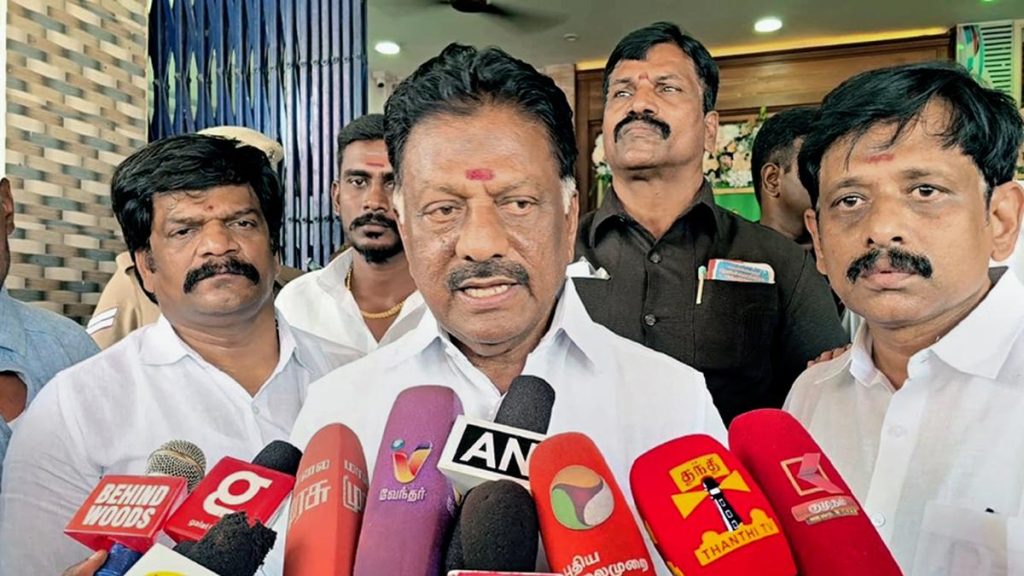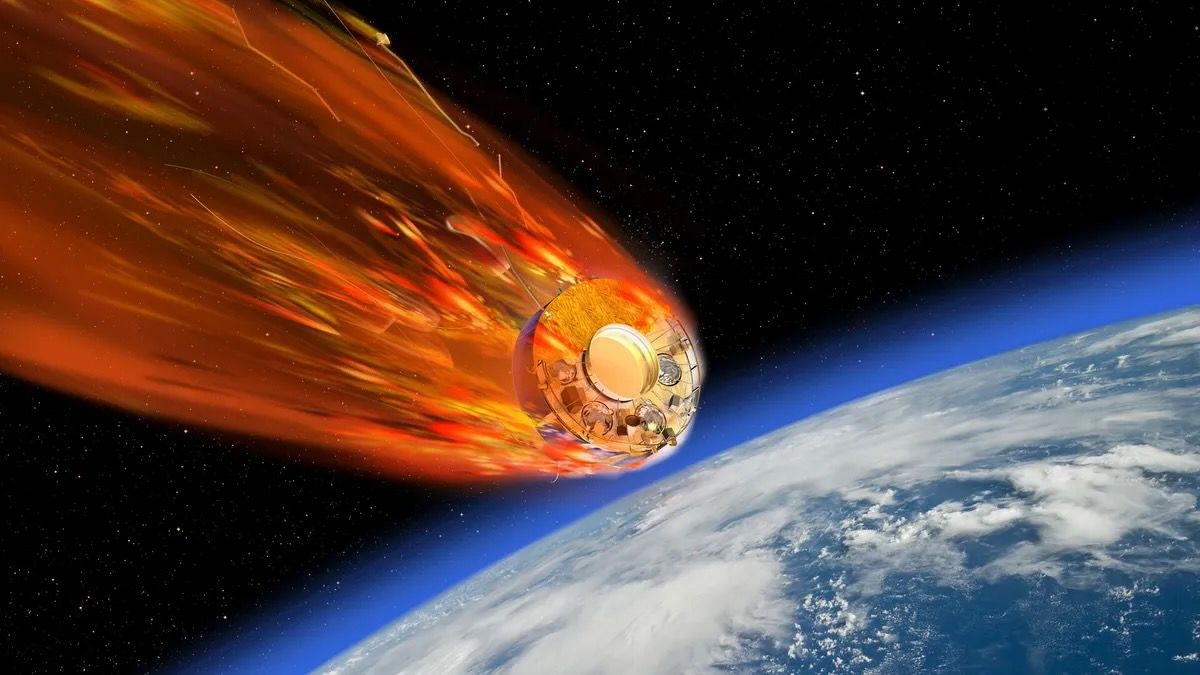Now Reading: US House Space Panel Proposes Standard Lunar Time System
-
01
US House Space Panel Proposes Standard Lunar Time System
US House Space Panel Proposes Standard Lunar Time System

Rapid Summary
- A bill, titled “The Celestial Time Standardization Act” (HR 2313), has passed the US House Science, Space adn Technology Committee through a bipartisan voice vote on April 29.
- The legislation directs NASA to establish a Coordinated Lunar Time (LTC) system for operations and infrastructure on the Moon.
- Requirements for LTC include:
– Compatibility with Coordinated Worldwide Time (UTC).
– Precision suitable for space navigation and communication.
– The ability to function independently during periods of lost Earth contact.
– Scalability for use on other celestial bodies like Mars in the future.
- Developing LTC involves collaboration between NASA, public/private/academic institutions, international partners, and standard-setting bodies.
- The need arises as gravity influences time differently; lunar time passes faster by approximately 58.7 microseconds compared to Earth time due to Einstein’s theory of general relativity.
- Bipartisan support for this initiative aligns with NASA’s Artemis mission goals-to return humans to the Moon soon and establish a permanent lunar base.
![Image: Different phases of the moon.]
(Image credit: NASA’s Scientific Visualization studio)
Indian Opinion Analysis
Creating a standardized lunar time system is part of humanity’s broader push toward establishing permanent infrastructural presence beyond Earth-the Moon being an immediate target under programs such as Artemis. For India, which is developing its own advanced lunar missions following Chandrayaan successes, this development underscores an inevitable shift toward global cooperation in space exploration standards.
From India’s outlook:
- As ISRO plans future activities in outer space-including planetary projects-alignment with standards like LTC would ensure interoperability across international systems necessary for navigation and communication precision around celestial bodies.
- Such initiatives also highlight growing prospects for multi-nation partnerships vital in overcoming technical challenges posed by differing gravitational effects at cosmic scales-a field where India can strengthen expertise while contributing innovations.
By engaging strategically with organizations like NASA or others working toward setting universal extraterrestrial metrics, India could enhance operational readiness not only on lunar missions but also ahead of Mars endeavors planned by ISRO teams down the road-for ensuring seamless scientific advancement adds value globally.
























